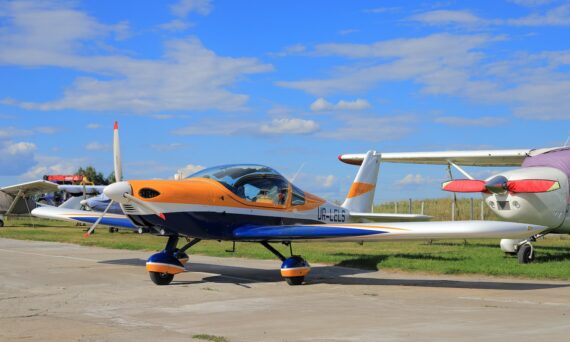
As air travel continues to grow in popularity around the world, the impact of human factors on aviation safety has become increasingly important. Human factors refer to the physical, mental, and social aspects of human behavior that can affect performance. In this article, we’ll explore the impact of human factors on aviation safety and examine the ways in which they can be managed to improve the safety and reliability of air travel.
Fatigue
Fatigue is one of the most significant human factors that can affect aviation safety. When pilots and other personnel are fatigued, their ability to perform critical tasks can be impaired. This can lead to errors in judgment, slower reaction times, and other issues that can compromise the safety of passengers and crew.
To manage the impact of fatigue on aviation safety, regulations have been put in place to limit the number of hours that pilots and other personnel can work in a given period of time. In addition, airlines and other aviation organizations can take proactive measures to promote rest and relaxation among personnel, such as providing comfortable sleeping accommodations and offering healthy meal options.
Stress
Stress is another human factor that can affect aviation safety. When personnel are under stress, their ability to perform critical tasks can be impaired. This can lead to errors in judgment, slower reaction times, and other issues that can compromise the safety of passengers and crew.
To manage the impact of stress on aviation safety, airlines and other aviation organizations can provide personnel with the tools and training they need to manage stress effectively. This can include training in mindfulness, meditation, and other techniques that promote relaxation and stress reduction.
Training and Experience
Training and experience are critical factors that can affect aviation safety. When personnel are well-trained and experienced, they are better equipped to handle unexpected situations and make informed decisions.
To manage the impact of training and experience on aviation safety, airlines and other aviation organizations can provide personnel with ongoing training and development opportunities. This can include training in new technologies and best practices, as well as opportunities for hands-on experience and mentorship.
Communication
Effective communication is essential for ensuring the safety of air travel. In the aviation industry, effective communication involves more than just talking to one another. It requires clear and concise communication that is free from ambiguity and misunderstanding.
To manage the impact of communication on aviation safety, airlines and other aviation organizations can provide personnel with the tools and training they need to communicate effectively. This can include training in active listening, assertiveness, and conflict resolution, among other skills.
The Importance of Managing Human Factors in Aviation Safety
Managing human factors is essential for ensuring the safety and reliability of air travel. By promoting effective communication, managing stress and fatigue, and providing personnel with ongoing training and development opportunities, the impact of human factors on aviation safety can be significantly reduced. In conclusion, the impact of human factors on aviation safety cannot be overstated. By managing the impact of factors such as fatigue, stress, training and experience, and communication, the aviation industry can continue to improve the safety and reliability of air travel for generations to come. By working together to manage human factors and promote safety, we can ensure that air travel remains one of the safest and most reliable modes of transportation in the world.

